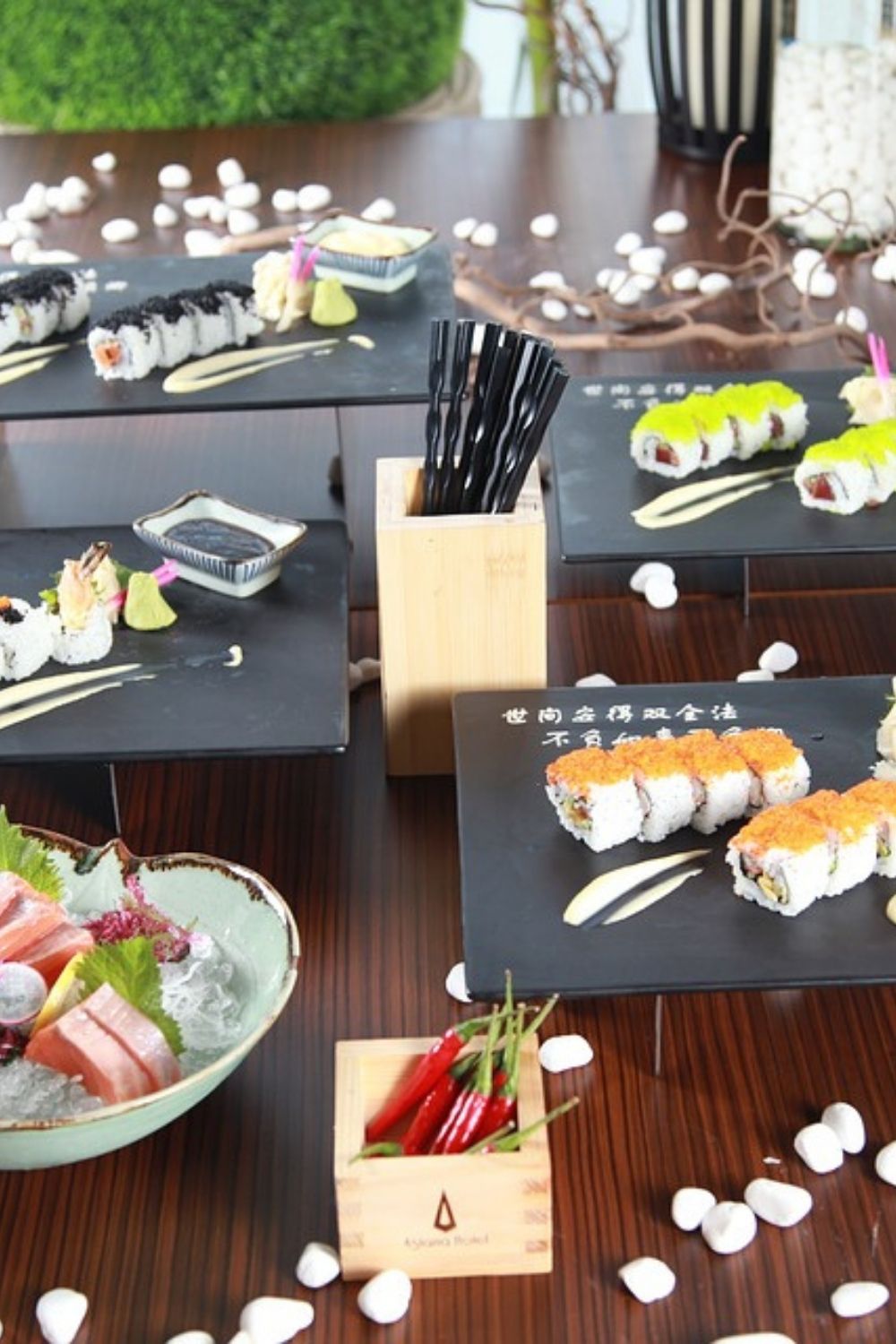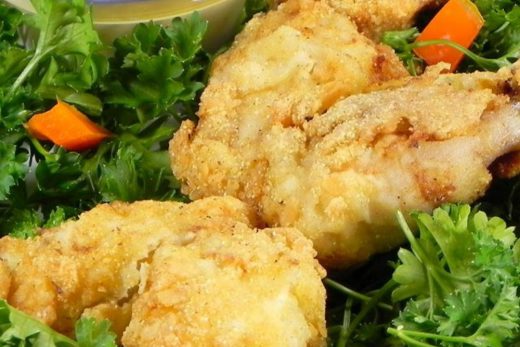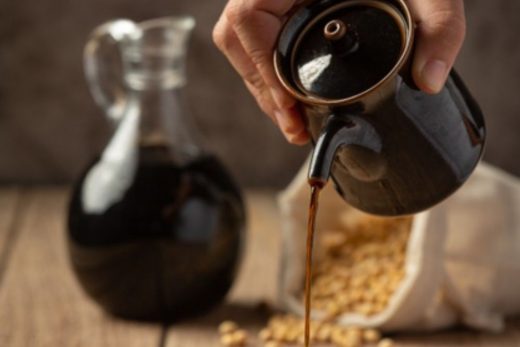Get to know Kenya’s iconic love-it-or-hate-it ingredient. There’s been a war simmering on Kenyan food Twitter for some time. It was all brought to the fore when Kaluhi Adagala, arguably the biggest food writer in Kenya, having been featured in best-of lists on HuffPost, Cosmo, CNN, etc., posted a recipe for njahi, and Kenyans on Twitter (KOT) reacted. One irate KOT wrote, “Njahi Defence Association have hired their strongest weapon, Kaluhi to unleash proper PR on that prison food.”
On one side of the njahi wars, led by Adagala, are its defenders, who extol its virtues. Njahi (scientific name Lablab purpureus, black beans/dolichos/hyacinth bean/etc. in English) is a black bean with a white stripe running down its middle. It tastes wonderful, is a good source of insoluble fiber; it’s said to cleanse the gut, reduce blood pressure, play a key role in blood sugar regulation by slowing down the release of simple sugars, facilitate the body’s removal of excess fluids through the kidneys; and it contains compounds known as phenols, which supposedly help to reduce weight.





